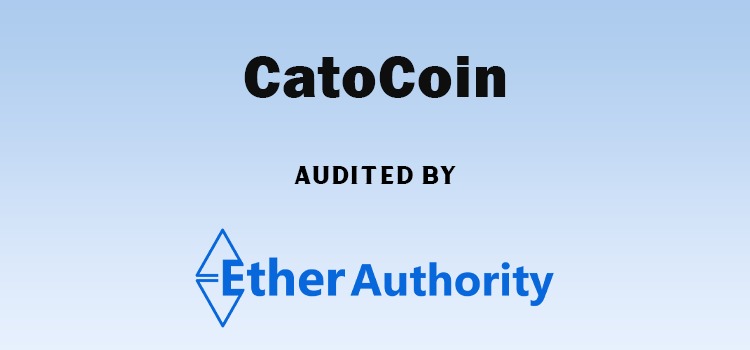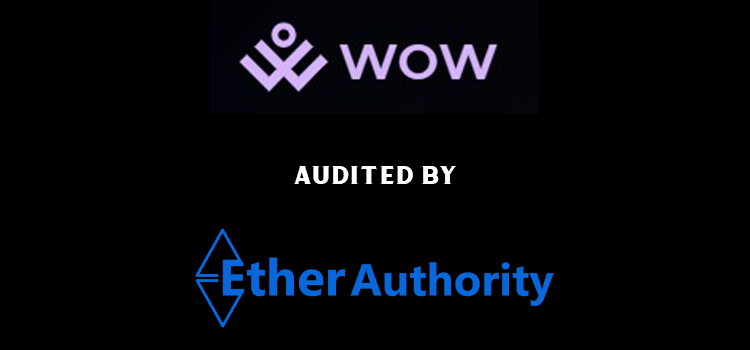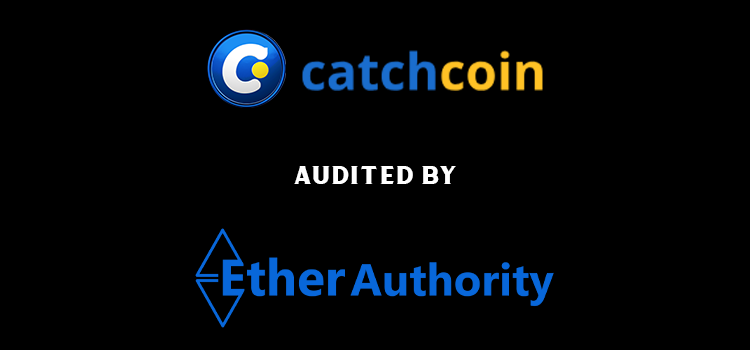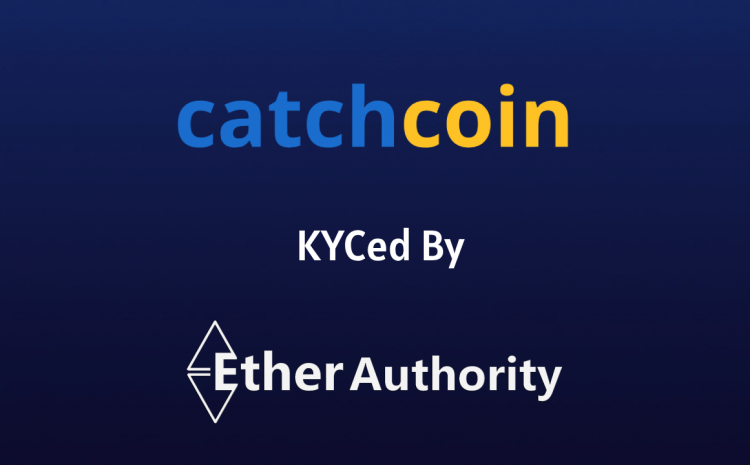
Project Background
The Solidity code defines an ERC20 token named CatoCoin using OpenZeppelin’s standard contracts. Here’s a summary of the key points:
Key Points:
- OpenZeppelin Integration:
- The contract uses OpenZeppelin’s ERC20, IERC20, and IERC20Metadata standards for implementation.
- This ensures the token adheres to the ERC20 standard and provides functionalities like transferring tokens, approving allowances, and checking balances.
- Custom Token Details:
- Name: CatoCoin
- Symbol: CATO
- Decimals: Defaulted to 18 as specified in OpenZeppelin’s ERC20 implementation.
- Initial Token Supply:
- The total supply is set to 10 billion tokens (10,000,000,000), adjusted for 18 decimals (10**decimals()).
- The entire supply is minted to the deployer’s wallet (msg.sender).
- Code Simplicity:
- The token contract inherits all required functionality from OpenZeppelin’s ERC20 base contract.
- The constructor initializes the token name, symbol, and total supply without additional customization.
Executive Audit Summary

- According to the standard audit assessment, the Customer`s solidity smart contracts are “Well-Secured”. This contract does not have any ownership control, hence it is 100% decentralized.
- We used various tools like Slither, Solhint and Remix IDE. At the same time this finding is based on critical analysis of the manual audit.
- We have not observed any issues in smart contract.
Audit Report in PDF
Audit Report Flip book
Please wait while flipbook is loading. For more related info, FAQs and issues please refer to DearFlip WordPress Flipbook Plugin Help documentation.




